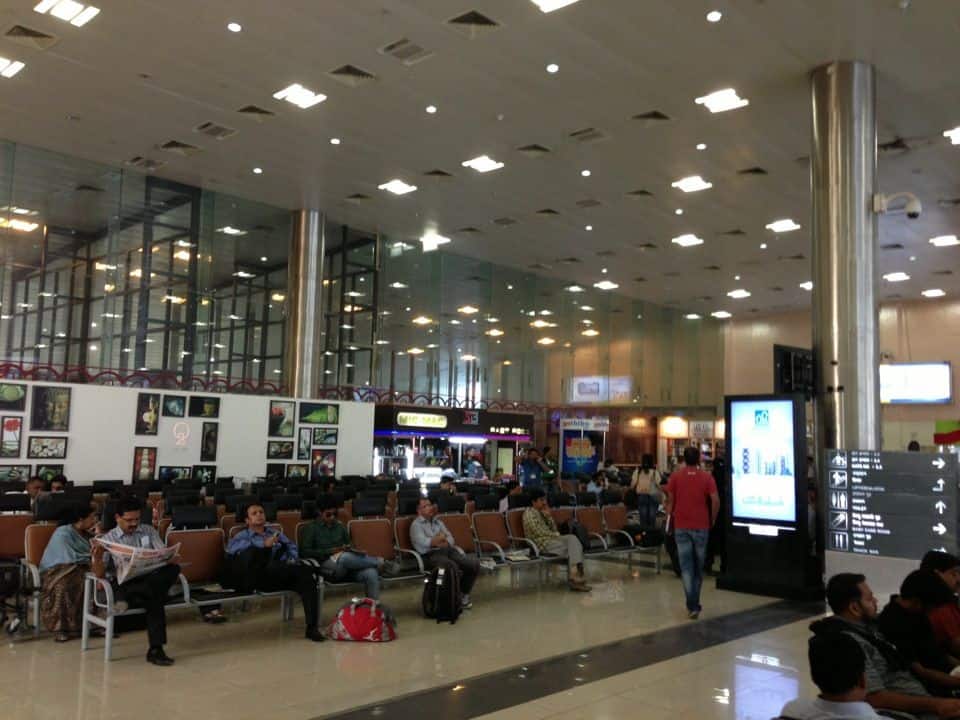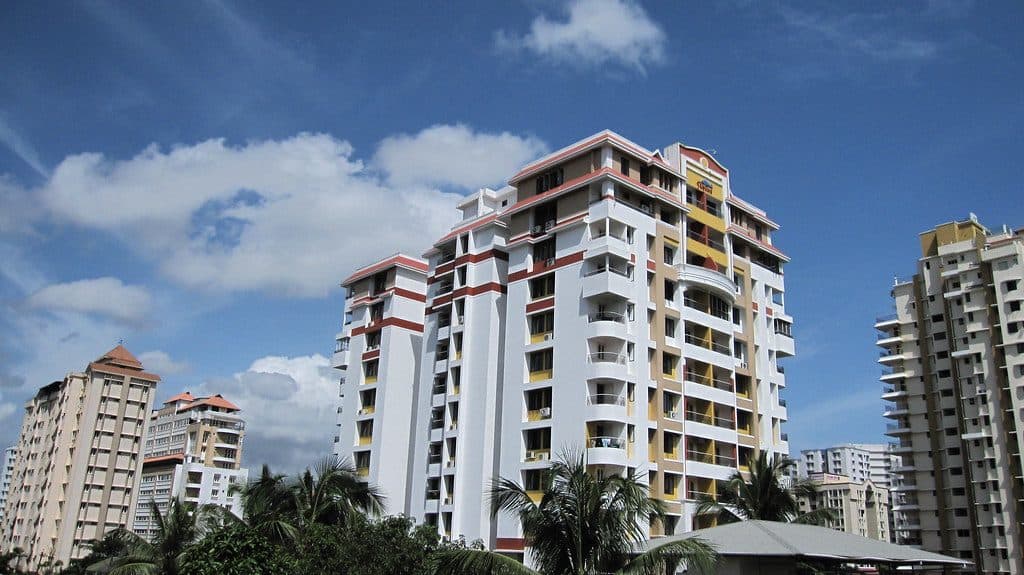ICMR recommends phased opening of schools
ICMR has recommended vaccinating children aged 12 and above as they face a higher risk of COVID-19 infection. In its latest set of recommendations, ICMR has suggested a phased opening of schools and implementation of multi-layered mitigation measures to ensure students’ safety. An article published in the Indian Journal of Medical Research, said that though children aged between one and 17 had similar susceptibility as adults to mild COVID-19 infection, the risk of severe disease and fatality in children remains low.
The Union Ministry of Health and Family Welfare has also released detailed guidelines on the use of masks for children of different age groups. No masks are required for children under five, children between six to 11 years may use masks depending on their ability to use them safely while children above 12 are required to wear masks the same as adults.
As of now, India has approved only one vaccine for children above 12, which is likely to be available from November. A final decision on vaccinating children assumes urgency as the last sero survey of June 2021 highlighted that a significant proportion of children aged between six and 17 were sero positive.
Source: The Hindu
Read more: Opinion: Some dos and don’ts for parents as schools reopen
India decrees 10-day mandatory quarantine for all UK travelers
Reciprocating the UK government’s rule of mandatory 10-day quarantine for all Covishield vaccinated Indians, the Indian government has announced a mandatory 10-day quarantine for all UK travelers starting October 4th. This decision was expected ever since UK announced its new policy which recognizes the Covishield vaccine but not Indian vaccine certificates.
Passengers from UK will now have to present a negative RT-PCR report done within 72 hours prior to travel and undergo the mandatory quarantine unless the two governments find some way around this impasse.
Source: Hindustan Times
Delhi’s new excise policy: Private liquor shops shut till November 16th
As a part of its new excise policy, private retail liquor outlets in the national capital will remain shut till November 16th, with only government-owned liquor shops allowed to operate till then. Under the new excise policy, only stores with new licenses will be allowed to sell liquor in the city. Out of the total 849 stores in Delhi, 276 are private, while rest are owned by the Delhi government.
On November 17th, the Delhi government will withdraw from the liquor business and all the 849 vends will be freshly allotted to private sellers through a new tendering system. The move is to ensure more transparency, revenue and service quality. And an even distribution of retail liquor shops across the city’s 32 zones.
Source: Hindustan Times
PM Modi launches SBM and AMRUT 2.0
On the eve of Gandhi Jayanti, Prime Minister Narendra Modi launched phase II of two major urban policies, the Swachh Bharat Mission and the Atal Mission for Rejuvenation and Urban Transformation (AMRUT). The objective of this second phase, said Modi, is to make Indian cities waste free and water secure. And contribute substantially towards achieving the Sustainable Development Goals 2030.
Swachh Bharat Mission Urban 2.0 aims to promote source segregation, implementation of 3Rs (reduce, reuse and recycle), remediation of legacy dumpsites and scientific processing of all types of solid waste. The total budget for this is around Rs 1.41 lakh crore.
Read more: “Hear us today, for life tomorrow”: Pleas against Bandhwari Waste to Energy Plant
AMRUT 2.0 aims at providing 100 per cent coverage of water supply in around 4,700 urban local bodies by providing about 2.68 crore tap connections. The second objective is 100 per cent coverage of sewerage and septage in 500 AMRUT cities by providing around 2.64 crore sewer or septage connections. The twin programmes will benefit more than 10.5 crore urban residents.
Promoting conservation and rejuvenation of surface and groundwater bodies and implementing the principles of circular economy will be the key focus under AMRUT 2.0, which has a financial outlay of Rs 2.87 lakh crore.
Source: NDTV
SC: Builder not providing promised amenities liable to compensate RWA
In a significant judgment, the Supreme Court has directed builder Padmini Infrastructure Developers Ltd to pay compensation of Rs. 60 lakh to RWA for not providing promised amenities like fire fighting system, club house, health club and swimming pool all of which were mentioned in the agreement with the RWA. The RWA had earlier filed the case with the National Consumer Dispute Redressal Commission (NCDRC) which appointed an architect as a local commissioner to inspect the site and submit a report which had endorsed the RWA’s concerns. In 2010, NCDRC had ordered the builder to install all the promised facilities within 10 weeks and imposed a cost of Rs 25,000.
The builder appealed to SC which stayed the NCDRC order but asked the builder to deposit Rs 60 lakh as security. Now, in its final decision settling the matter, the apex court has imposed a financial settlement of Rs 60 lakh on the builder and ordered the company to hand over all the amenities to the RWA.
Source: Live Law
Also read:
- Mumbai Buzz: Schools reopen | New swamp eel discovered | Centre approves new coastal plan
- Chennai Buzz: Beautification drive by Corporation | Police Museum inaugurated… and more
- Bengaluru Buzz: First electric bus | Building survey … and more
Compiled by Rishabh Shrivastava

